Hanoi Stomach cancer detected in the early stages, only need to cut the lesion through endoscopy without surgery, can be completely cured.
The information was shared by experts at the Workshop on updating knowledge on gastrointestinal cancer treatment on June 20. The workshop took place on the occasion of the 50th anniversary of the establishment of diplomatic relations between Vietnam and Japan, continuing a series of international medical support activities in Vietnam.
Associate Professor, Dr. Nguyen Xuan Hung, a specialist in digestive and colorectal surgery, Vice Chairman of the Science and Technology Council of Hong Ngoc Hospital, said that gastrointestinal cancer is increasing and becoming a global problem, including stomach cancer.
According to the World Cancer Organization (Globacan 2020), in Vietnam, each year more than 17,000 new cases of stomach cancer are recorded, more common in men than women. The disease often progresses silently, with vague and atypical symptoms, so it is easily confused with other benign diseases.
"With stomach cancer, detecting the disease at an early stage is a prerequisite for maximum treatment effectiveness," said Mr. Hung, adding that at that time, the patient will have a gastroscopy and mucosal resection, without surgery.
Stomach cancer is considered early when the lesion is still localized in the mucosa or submucosa. However, in Vietnam, more than 90% of people with stomach cancer come to the hospital in the late stages, making treatment difficult and the cure rate and survival rate over 5 years after surgery low.
Meanwhile, in Japan, Dr. Shinji Endo, Director of Sa'aikai General Hospital, said that according to statistics from the Japanese Endoscopy Association, over 50% of stomach cancer patients in this country are detected at an early stage. At this time, patients only have to undergo endoscopic gastric mucosal resection - a minimally invasive procedure to treat early gastrointestinal cancer.
"Early stage lesions can be resected under the mucosa endoscopically without having to surgically resect the stomach," said Shinji Endo, adding that the current cure rate for patients is 99%.
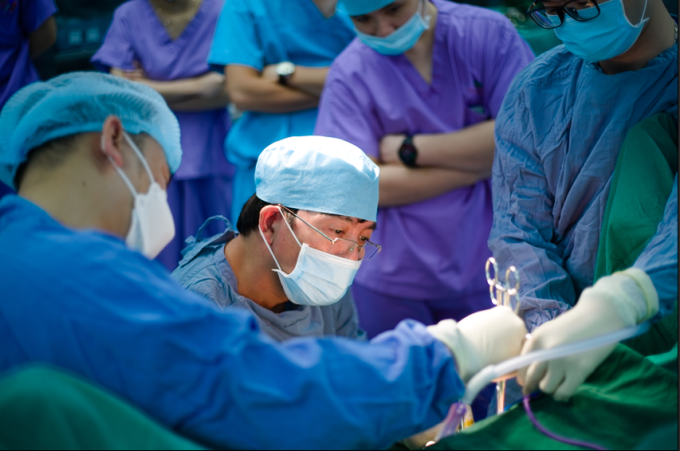
A patient with gastrointestinal cancer undergoes surgery at Hong Ngoc Hospital. Photo: Provided by the hospital
Stomach cancer is divided into two stages: early and advanced. Clinical manifestations in the early stages are unclear, with symptoms similar to those of gastritis and ulcers, such as loss of appetite, heartburn, nausea or vomiting, burning pain or tension in the epigastric region, feeling of fullness, indigestion, and rapid satiety.
In the advanced stage of the disease, the symptoms become more dramatic, including weight loss, continuous epigastric pain, vomiting and sometimes vomiting blood, black stools, anemia with pale skin and mucous membranes, and decreased red blood cell count through testing. At this stage, if surgery is still possible, the patient will have to have a gastrectomy and lymph node dissection (radical surgery). After surgery, depending on the stage of the disease, the patient may receive adjuvant chemotherapy.
At the conference, experts also discussed cancer treatment methods, including the application of robots. Dr. Ryota Matsuo, IMS Medical Corporation of Japan, said that robots are currently being used in gastrointestinal surgery, bringing many benefits to patients. This method has many advantages over conventional open or endoscopic surgery.
"The clear visibility and high flexibility of the robotic arms and meticulous dissection help surgeons perform more precise operations, ensuring aesthetics, minimal trauma, no bleeding, maximum pain relief and quick recovery," said Mr. Ryota Matsuo.
In the past 5 years, Japan has doubled the number of robots used to treat cancer compared to before, with about 600 machines, for diseases of the stomach, colon, liver, pancreas, esophagus, prostate, kidney, uterus, ovaries... Vietnam has applied robots in surgery for kidney, lung, thyroid, and uterine cancer.
According to experts, modern medicine has many effective cancer treatments, but the first priority is still detecting the disease at an early stage. Therefore, doctors recommend that people should have a habit of regular health check-ups from the age of 40, including cancer screening. For stomach cancer, it is recommended to have an endoscopy once or twice a year, every two years if the results are normal.
Le Nga
Source link








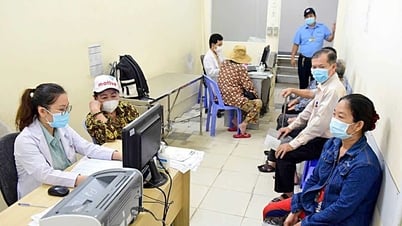

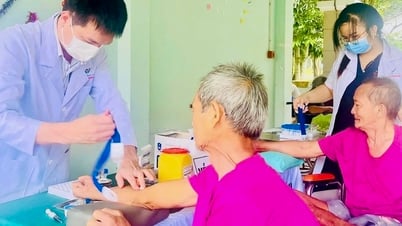







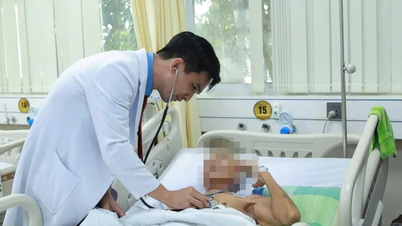

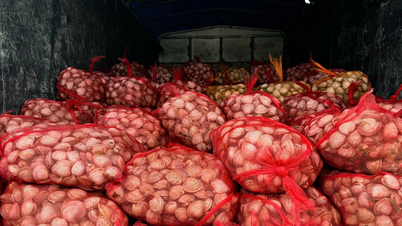
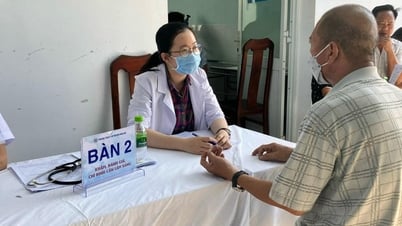


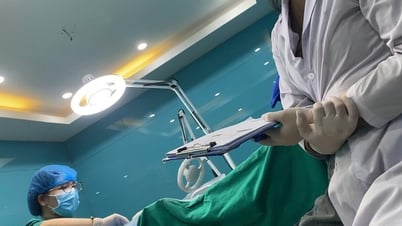
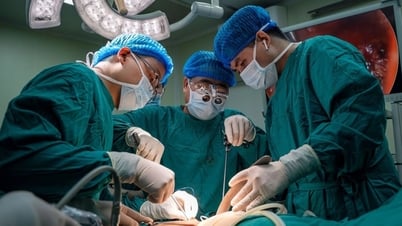




























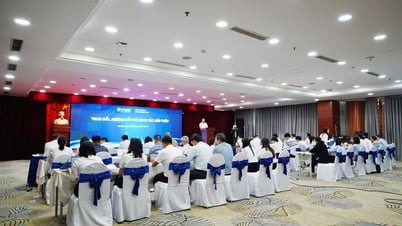

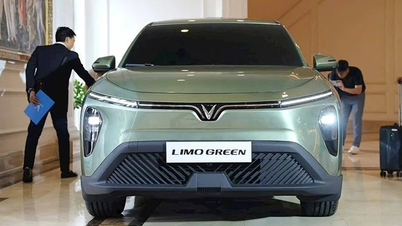


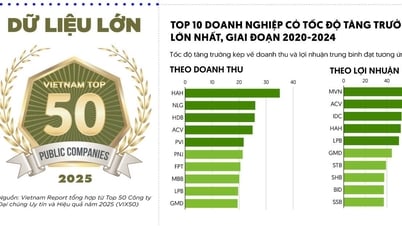



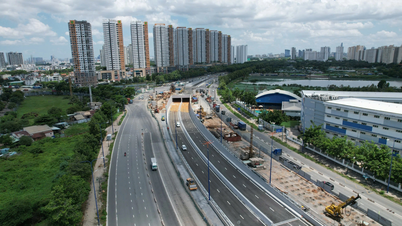












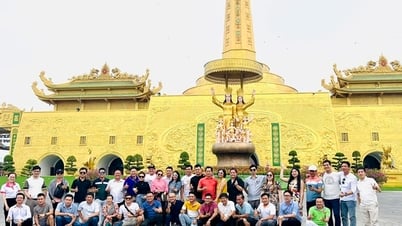
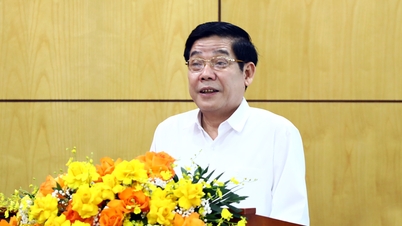

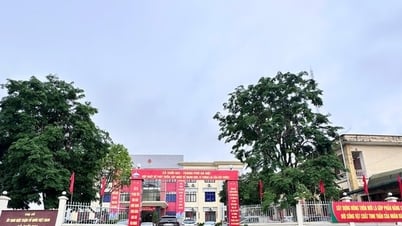





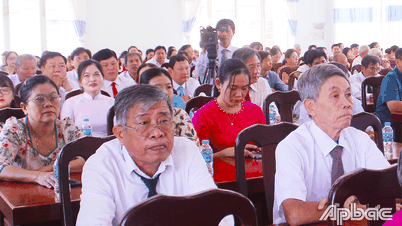











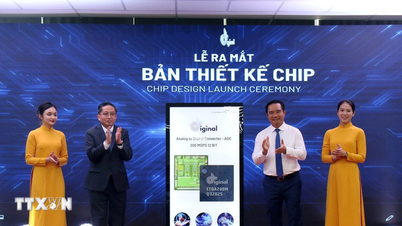





Comment (0)